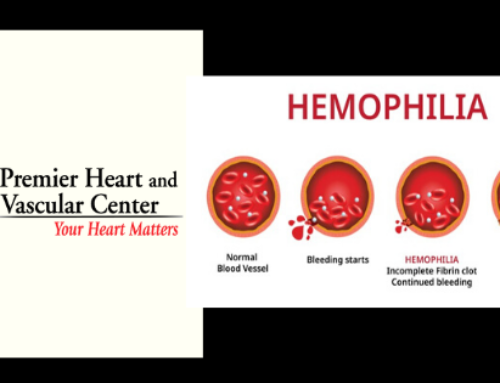Summer can be a difficult season to cope with if you have medical issues with your heart. There are two physiological ways to regulate body temperature in the heat, and both tax our cardiovascular system. Depending on how hot the weather gets, summer heat can have a severe effect on your heart health.
People with good overall health condition can more easily adjust to temperature variations, but anyone can benefit from learning how to deal with the summer heat. Learning how the body copes with heat, and how these mechanisms affect the heart, is important for every Tampa Bay resident.
Physiological Process of Temperature Regulation
The human body works hard to retain optimal temperature, but sweltering summer sun and humidity can prove to be too much of a challenge for a weakened cardiovascular system. If the body’s temperature becomes too high, the chemical processes that keep it running begin shutting down one by one.
To prevent overheating, the human body relies on two processes: radiation and evaporation. Radiation is effective as long as the air temperature is lower than the body temperature — if not, it’s impossible to radiate body heat into the air. On the other hand, evaporation becomes ineffective when air humidity is at 75% or higher.
Both of these processes make the cardiovascular system work harder than normal, and can be exhausting for the body. Sweating during the process of evaporation rids us of sodium and potassium, as well as other important minerals, while radiation requires the heart to pump at least two times as much blood every minute than it does when the weather is cool.
Individuals at Risk from Heat Stroke
Certain individuals are at a greater risk for heat stroke in the summer. If you’ve suffered damage from a heart attack, your heart might not be strong enough to pump a sufficient amount of blood to keep you safe from overheating. Furthermore, other factors can limit your blood flow and heat regulation: arteries narrowed from cholesterol, certain medications like beta blockers and diuretics, as well as some antidepressants.
What’s more, heat and humidity can simply be too taxing for a heart on the verge of failure. There’s a danger of sudden blood pressure drops that can cause dizziness and loss of consciousness.
Cooling Down in a Healthy Way
If your cardiovascular system has a hard time dealing with the heat, you should take steps to protect yourself and consult with your heart physician regularly. Stay hydrated, dedicate the early morning or the late evening for your daily activities, and make sure to spend most of your time in a ventilated, cool space.
Hot weather during the summer can have adverse effects on the health of individuals whose cardiovascular system can’t endure increased strain, which is why it’s important to keep activity light and stay out of the sun and humidity.
Your heart health matters to us at Premier Heart & Vascular Center. If you have any concerns about your cardiovascular health, our highly-skilled team of heart physicians will happily answer your questions and take care of you.
Visit our website to find out more about the care our center provides to patients with cardiovascular issues.







